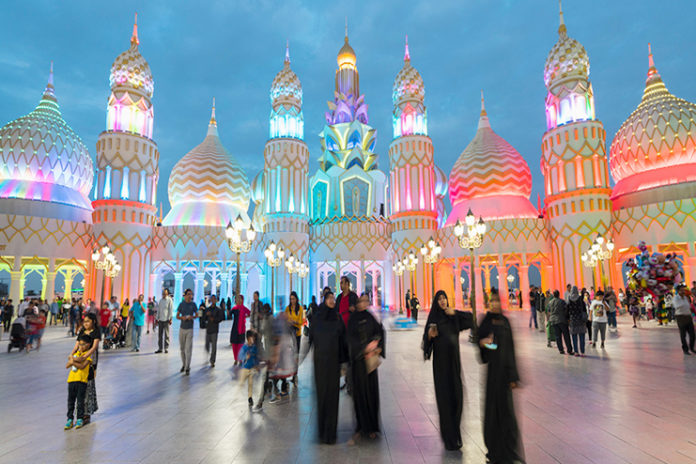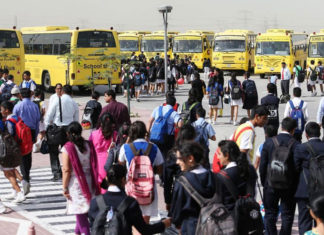An Indian descent menage of seven, claiming to be “living like prisoners” in Sharjah, a city in the United Arab Emirates is seeking aid from the UAE authorities to legalize their residency status fearing apprehension and exile, according to a media report.
The family, three of whom do not have a legal documents such as passports and visas, said they do not even have adequate food and there are days when they have to live on a packet of quboos (Arabic bread), according to report.
The 60-year-old Madhusudhanan, from Kerala, and his Sri Lankan wife Rohini, 55, said they want to provide a normal existence to their children who have never been to school in their lifetime, the report said.
Their four daughters are all unemployed and live with their parents in a broken-down two-bedroom house in Sharjah, it said.
“I could not enroll my five children in school because of our illegal status. They did not even have their passports for a long time. They haven’t traveled outside the UAE even once. They have suffered for a lifetime. I want them to have a decent life,” Madhusudhanan said.
All the children have been home-schooled by their female parent and at present can read and write, the report said.
Also Read: Indian-American Judge Not on Trump’s Shortlist for Supreme Court Pick, Say Reports
“Children are afraid to go out. We are living like prisoners without knowing what our future would be. I have sacrificed 30 years of my life for my family. My children deserve better,” said Rohini.
Madhusudhanan came to the UAE in 1979 as a worker and wedded Rohini in 1988. “Everything turned upside down when I lost my job after three years, ending up as an illegal resident,” he said, adding that before he had his first daughter in 1989, he lost his second job also.
“I could not apply for her passport because I was living illegally in the country. By the time I found another job and had a resident visa, my wife lost her job as a sales girl in a studio in 1992 – the same year we had our second child. And because of the mother’s illegal status, applying for a child’s passport was not possible,” he said.
The couple said that they managed to assure passports for their four children, excluding the firstborn, with the aid of community organizations. They added saying they expect to legalize their status and enroll children in any vocational courses as they have lived in the country for about four decades.
By Sowmya















































